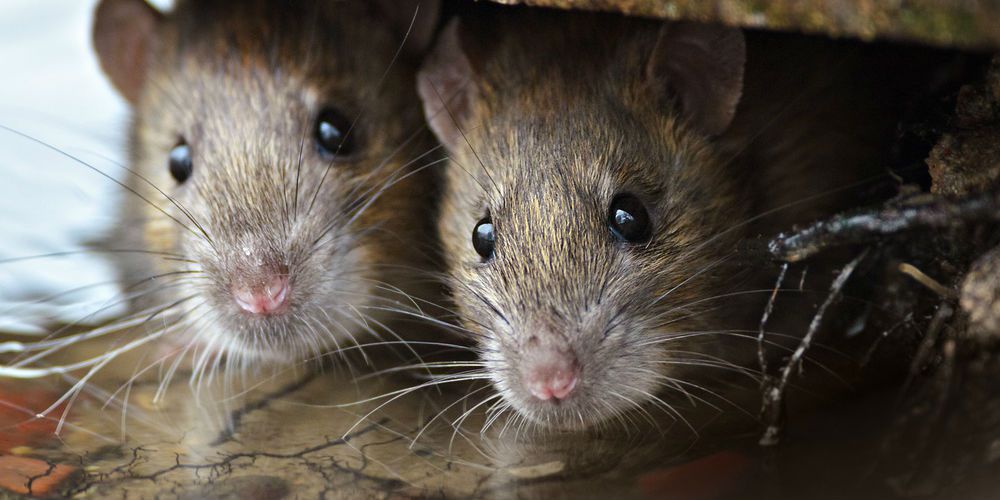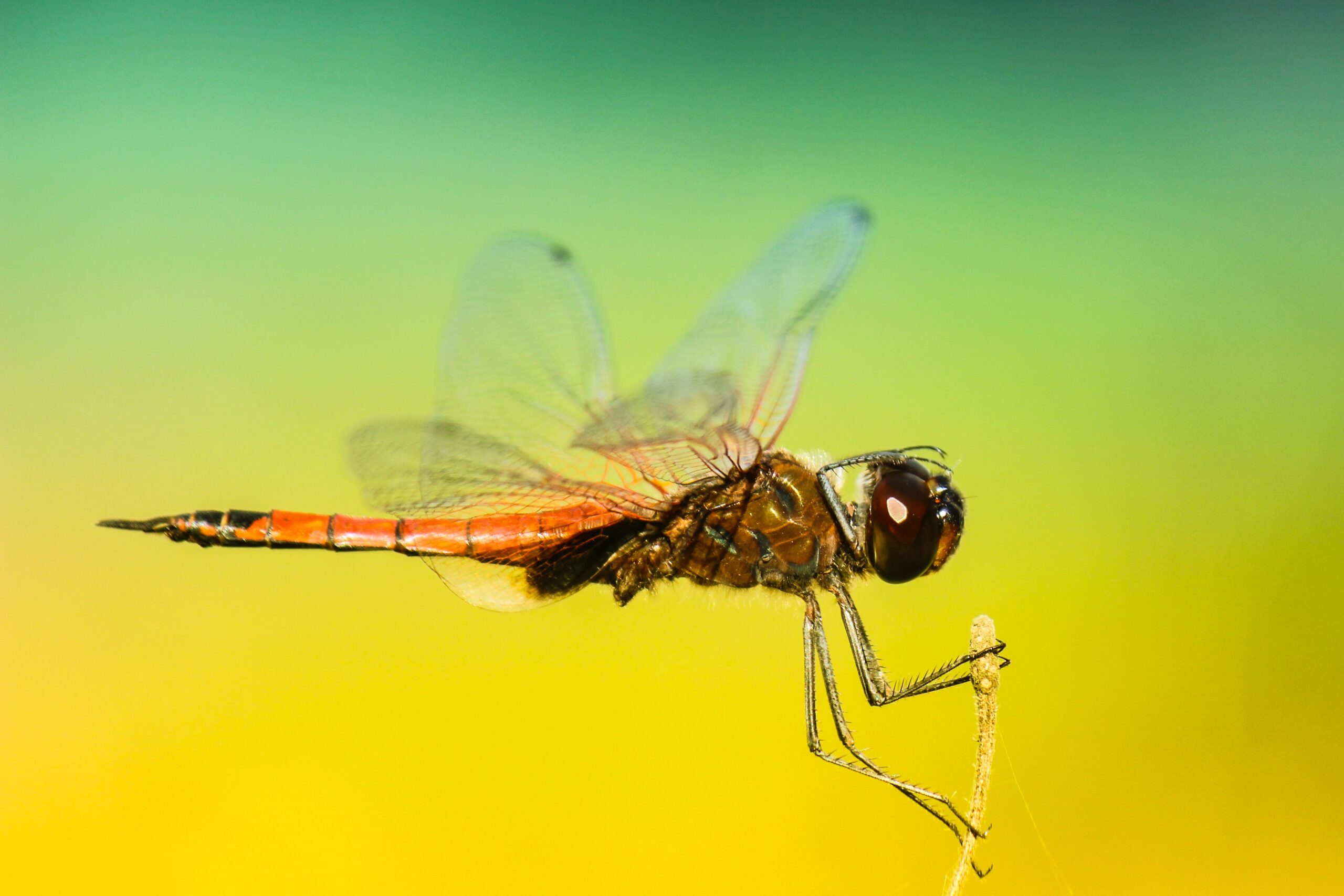Summertime has a lot of charms. Barbeques. Swimming pools. Long, sunny days, and cool, starry nights. However, it also has its drawbacks, and chief among them is the annual surge in the California mosquito population.
Mosquito means “little fly” in Spanish, and while they’re certainly diminutive, they can pose a gigantic threat to the health of your family and pets. In addition to their infamous reputation as carriers of malaria, mosquitoes are also known to carry the Zika virus, Dengue fever, West Nile Virus, and even heartworms that can spread to your pets. Both the male and female mosquitoes feed on plant juices for sustenance, but female mosquitoes require blood to create properly fertilized eggs—and they’re not picky about whose blood they’re using.
Nobody enjoys having these noisy little bloodsuckers ruin their day (and potentially, their lives), and the Center for Disease Control suggests that the best defense against mosquitoes is to avoid them altogether. We’d like to share with you our tips for reducing the chances of a mosquito infestation near your home or business.
Get Some Help From Mother Nature
Mosquitoes may be attracted to humans, but nature has a whole host of items that send them buzzing the other way in a hurry. Most folks are familiar with citronella candles as deterrents, but you can actually create a yard that’s downright inhospitable to these tiny terrors by taking a few simple steps.
- Introduce some natural predators. This works particularly well if you have a source of standing water you can’t reasonably remove, like a pond, fountain, or other water feature. Dragonflies love to eat mosquitoes, and their larvae will happily feast on mosquito larvae as well. Adding a few frogs to the old pond is a good idea, too, since they also love to feed on mosquitoes. Many birds (including waterfowl such as geese) will also eat mosquitoes with relish, so depending on your circumstances, adding a few more links to the food chain around your garden or pond might be just the ticket.
- Grow an anti-mosquito garden. Plants such as marigolds, basil, lavender, and lemongrass all repel mosquitoes with great efficacy, so if you’re looking to drive off pests while rocking an amazing herb garden and adding some wonderful color and curb appeal, this approach might appeal to you.
Keep It Dry
Mosquitoes breed and thrive in standing water. It’s their happy place, and without it, they cannot breed. So if you have any standing water—even something as seemingly modest as a bird bath or small water feature—on your property, chances are mosquitoes would love to set up shop and get to biting. They also love puddles, and miscellaneous pooled water such as rain barrels, a neglected wheelbarrow, or the area around a leaky hose. Getting rid of anything that has collected water, addressing any leaks or back-ups (such as in your gutters), are two good places to start. If you can’t dispose or cover an item that might collect water, adding a drainage hole or two can be a good compromise that keeps bugs away.
Removing these sources of standing water can go a long way toward keeping the mosquito population down. If you can’t remove the source of water altogether (such as a bird bath, fountain, etc.), cycling the water regularly can help disrupt the breeding cycle.
Ultimately, it’s always a good idea to call on your neighborhood pest control experts for help. They can give you a professional evaluation, suggest methods and products you may not be familiar with, and help you find the perfect solution for your home or business.








